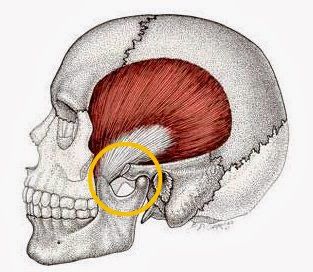Dentist in Arlington Heights IL – Is Your Jaw Sore?

Temporomandibular disorders (TMD) and temporomandibular joint disorders (TMJ) are issues you experience with your jaw, as well as the joint and facial muscles surrounding your jaw. This can cause stress and discomfort in your daily life. Symptoms of TMD include tension and tenderness in your face or jaw, difficulty with opening your mouth wide, locking or clicking or your jaw, difficulty in chewing, a tired feeling in your face, and swelling on the side of your face.
Your dentist Arlington Heights can examine your jaw in order to diagnose TMD. Your dentist will check for the locking of the jaw while opening and closing your mouth. Additionally, your bite and facial muscle function will be examined, and your dentist will evaluate your jaw pain and tenderness. In some cases, x-rays will be taken to check your jaw, jaw joint, and teeth for irregularities.
It can be difficult to diagnose TMD and TMJ because the symptoms of these are similar to symptoms of other health issues such as toothache, arthritis, and sinus problems. However, you should schedule an appointment with your dentist in Arlington Heights if you experience any of the symptoms of TMD and TMJ.
There are precautions your Arlington Heights dentist recommends to avoid TMD and TMJ problems from arising. First, you can avoid hard foods and excessively chewing gum. Although gum can have many oral health benefits such as preventing cavities and tooth decay, it can tire your jaw and cause some soreness if you are not accustomed to regularly chewing gum.
Another way to prevent TMD problems is to develop and practice relaxation techniques to reduce tension in your face and jaw. Clenching, especially in your sleep, can cause tension in your jaw, so you can reduce soreness by learning to relax your jaw. For example, by placing the tip of your tongue at the roof of your mouth, your jaw will automatically relax, reducing some of the tension. If you struggle with clenching your jaw while you sleep, you may want to consider getting fitted for a mouthguard from your dentist Arlington Heights IL.
If you are feeling soreness or tenderness in your jaw, you should schedule an appointment with your dentist in Arlington Heights IL in order to receive a proper diagnosis and to explore your options. Your dentist can help you to maintain a beautiful, healthy mouth that is free of discomfort.
